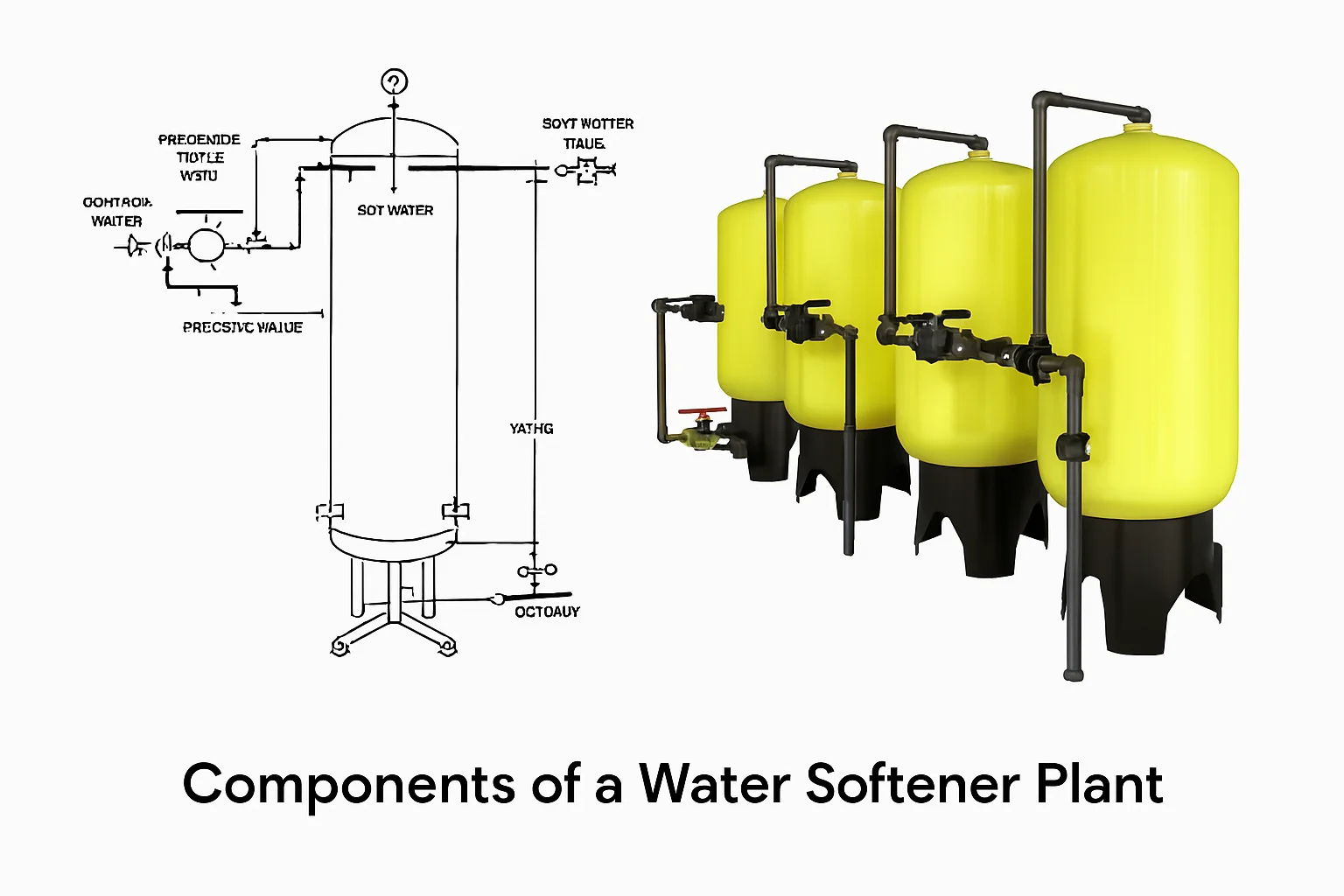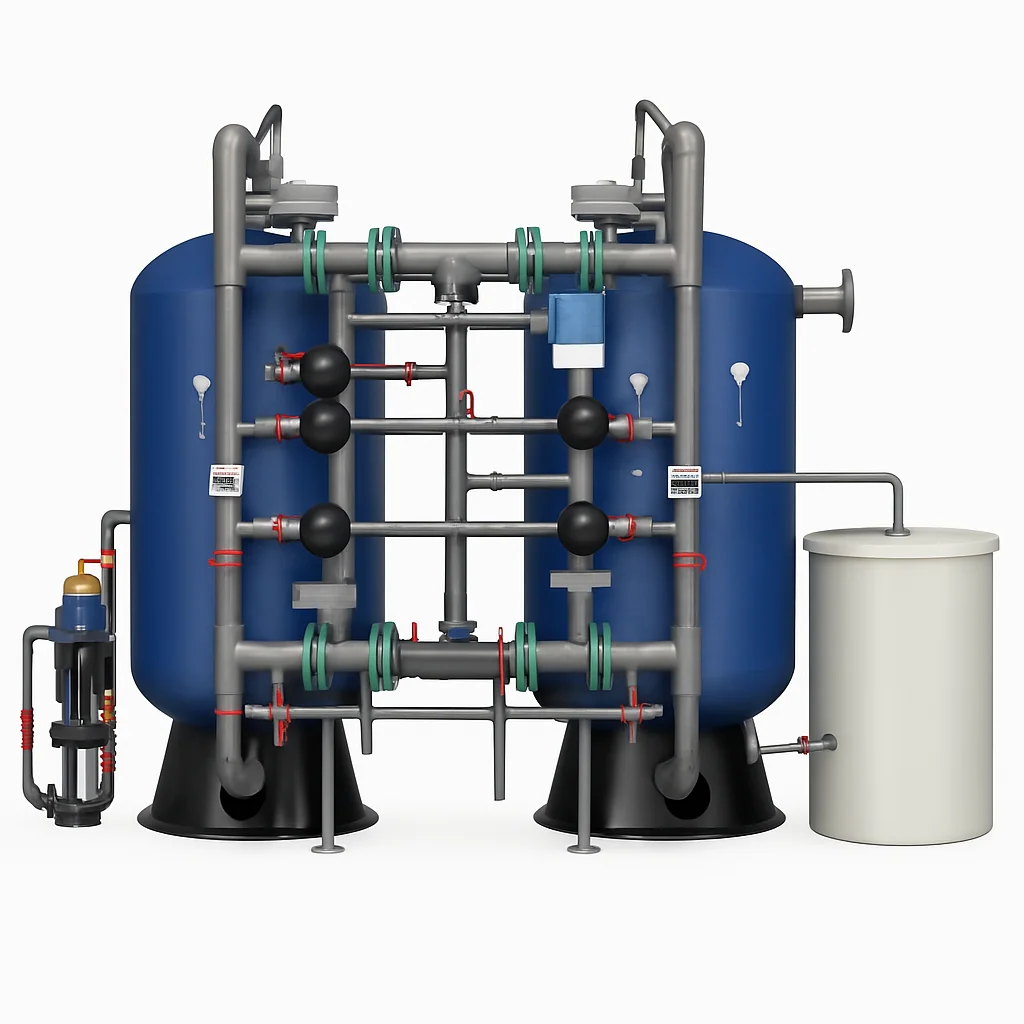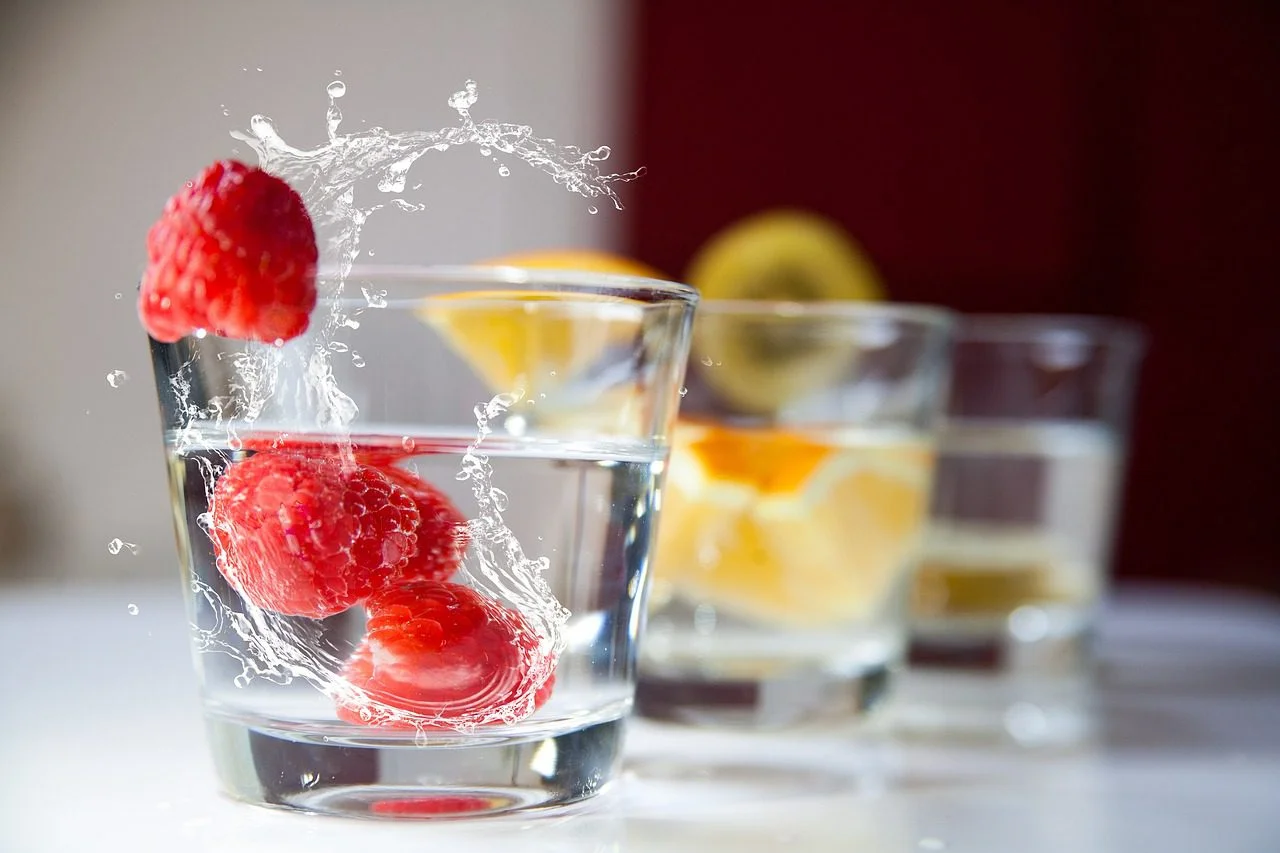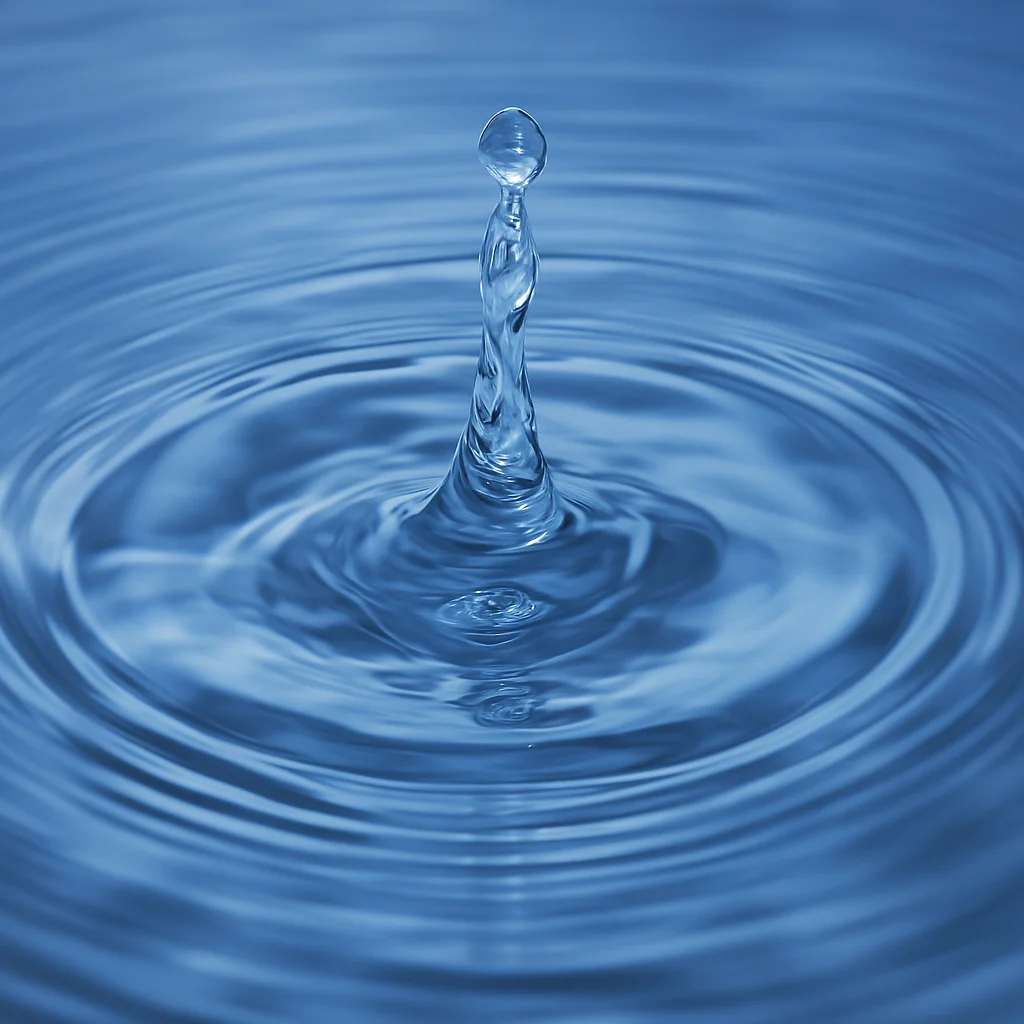Water Softening Plant
Water Softening Plant – Reliable Hardness Removal
A water softening plant is designed to reduce water hardness by removing minerals such as calcium and magnesium—key contributors to scale buildup. This process is essential for both residential and industrial settings, as it improves water quality, protects plumbing systems, and enhances the efficiency of appliances and equipment.
Soft water not only prolongs the lifespan of water heaters, boilers, and cooling towers but also reduces energy usage and maintenance costs. In industrial processes, softened water ensures consistent product quality, minimizes equipment downtime, and enhances operational efficiency. Installing a water softening system is a cost-effective solution for sustainable water management and long-term reliability.

Silent Features
Custom-Built Water Softeners for Every Scale
We design and manufacture water softening systems ranging from 100 LPH (laboratory scale) to 200 m³/hr (industrial scale), tailored to meet diverse application needs.
Why Water Softening Matters
Hard water can lead to clogged pipes, reduced soap efficiency, and long-term damage to plumbing and equipment. Our water softeners help eliminate these issues by removing calcium and magnesium ions—delivering numerous benefits:
🔧 Protects Infrastructure: Prevents scale buildup in pipelines, extending their lifespan
💰 Reduces Energy Costs: Lowers domestic water heating expenses by 15–20%
🏠 Extends Equipment Life: Enhances the performance and durability of household and industrial appliances
☀️ Improves System Efficiency: Supports optimal operation of solar heaters, HVAC systems, and water-based industrial processes

Request a Free Consultation for Your Water System Needs

Benefits of Ultraviolet (UV) Treatment
No chemicals
No residue
Energy efficient
Long life
Replenishable source
Excellent in disinfection, ozone destruction & curing applications
Eco-friendly and safe for all environments
Low maintenance and operational cost
Water Softening and Your Health
Health & Wellness Benefits of Softened Water
Softened water can contribute to healthier skin and hair by reducing mineral buildup. However, individual preferences and potential concerns—such as increased sodium levels—should be taken into account. For those with specific health conditions, consulting a healthcare professional is recommended to make informed choices about water softening and its effects.
Integrated Water Treatment for Quality & Safety
Enhance your water quality with a comprehensive solution that combines:
Water Softening Plants – For reduced hardness and scale prevention
Chlorination Systems – For reliable and effective disinfection
Ozone Generators – For eco-friendly, chemical-free purification
Together, these technologies ensure cleaner, safer, and more sustainable water for residential, commercial, and industrial use.


Save Water with Smart Water Softening Plants
Sustainable Living with Eco-Friendly Water Softening
Incorporating environmentally friendly water softening systems into your home allows you to enjoy the benefits of luxuriously softened water while actively supporting water conservation efforts. This responsible choice helps protect our planet’s valuable water resources and promotes a more sustainable future for generations to come.
Installation difficulty varies by system. While some are DIY-friendly, others may require professional assistance. Always follow the manufacturer’s guidelines.
Signs include scale buildup on faucets, soap scum in the shower, and difficulty lathering soap. You can also test water hardness using DIY kits or consult a water testing service.
Water softening plants come in different types, such as ion exchange and salt-free systems. Each has unique features and benefits, so choose based on your specific needs.
Ion exchange systems add a small amount of sodium, but it’s typically not enough to taste. Salt-free systems do not add sodium to the water.
Traditional ion exchange softeners may use extra water during regeneration. High-efficiency models and salt-free systems are designed to minimize water wastage.
Frequency depends on usage and system type. Follow the manufacturer’s recommendations for regeneration and conduct regular maintenance checks.
Water softeners primarily target calcium and magnesium, not all minerals. Some beneficial minerals may remain in the softened water.
While technically safe, softened water may have elevated sodium levels. Consider a bypass for a tap dedicated to drinking water or use an alternative filtration system.
Some systems discharge brine, a byproduct of regeneration. Choose eco-friendly options and follow proper disposal practices to minimize environmental impact.
Lifespan varies based on usage, system quality, and maintenance. Quality systems can last 10-15 years or more with proper care.
